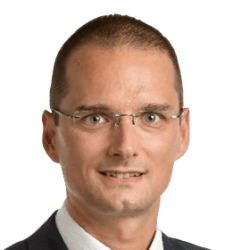
Forensic Medicine

Description
The Institute of Forensic Medicine at the University of Bern consists of seven departments. Besides the department for forensic medicine and imaging there is also a department for forensic chemistry and toxicology, a department for forensic genetics, a department for traffic medicine, a department for medical law, a department for anthropology as well as a department for forensic psychiatry. All departments conduct specific research projects. The department for forensic medicine has a long history of postmortem imaging related research projects. Several thousand human bodies have been investigated already using computed tomography as well as magnetic resonance tomography at the institute of forensic medicine. Research questions are related to the daily forensic casework. Postmortem CT data are used to investigate the findings of blunt and sharp forces as well as shooting incidents, whereas postmortem MRI data are very promising in investigating natural causes of death. Especially sudden cardiac death cases benefit from postmortem MR scans, since very early stages of myocardial damage are visualized better by the use of MR techniques compared to conventional autopsy and histology techniques.
Quantitative imaging techniques allow for an observer independent characterization of normal and pathological altered postmortem body tissue as a foundation for automated analysis approaches. Some of the forensic research questions benefit impressively from higher field strengths since there are no pulsation, ventilation or general moving artifacts that compromise image quality as in living patients. Therefore, 7T examinations of tissue alterations related to specific causes of death, such cerebral but also cardiac findings are of high forensic interest.
Focus
- Implementation of postmortem 7T examinations for cerebral and cardiac imaging
Delegates

Prof. Dr. med. Christian Jackowski, EMBA

PD Dr. med. Wolf-Dieter Zech, EMBA



